आजादी से लेकर अंतरराष्ट्रीय दबदबे तक...भारत की कूटनीतिक यात्रा
आज दुनिया अंतरराष्ट्रीय आतंकवाद से लेकर कोविड-19 महामारी तक कई चुनौतियों से जूझ रही है लेकिन तब भी भारत ने बहुपक्षवाद, सुरक्षा और शांति को बढ़ावा देने की प्रतिबद्धता दिखाते हुए अंतरराष्ट्रीय समुदाय के एक स्थिर, विश्वसनीय और व्यावहारिक सदस्य के रूप में अपना दबदबा कायम रखा है।
-
 न्यू इंडिया अब्रॉड नेटवर्क
न्यू इंडिया अब्रॉड नेटवर्क - Thu, 27, Jul 2023
- 23:49 EDT
- 1
Related
ADVERTISEMENT
Latest News
- दिल्ली में जन्मी कैरेन भाटिया पहली... 12 Oct, 2025
- डलास में आध्यात्मिक गुरु श्री श्री... 12 Oct, 2025
- US वीजा मुश्किल हुआ, सोशल मीडिया... 12 Oct, 2025
- भारत के इस हिमालयी राज्य में... 12 Oct, 2025
- डॉ. हाकम सिंह भुल्लर ‘अंडरडॉग’ पुस्तक... 12 Oct, 2025
- नोबेल विजेता अभिजीत बनर्जी MIT छोड़कर... 12 Oct, 2025
- इंजीनियर से कारोबारी: जुगल मलानी की... 12 Oct, 2025
ADVERTISEMENT
E Paper
Video
Login to your account
PREVIEW OF NEW INDIA ABROAD
- Full access
- Unlimited view
- Free weekly E-Paper
- Daily newsletter





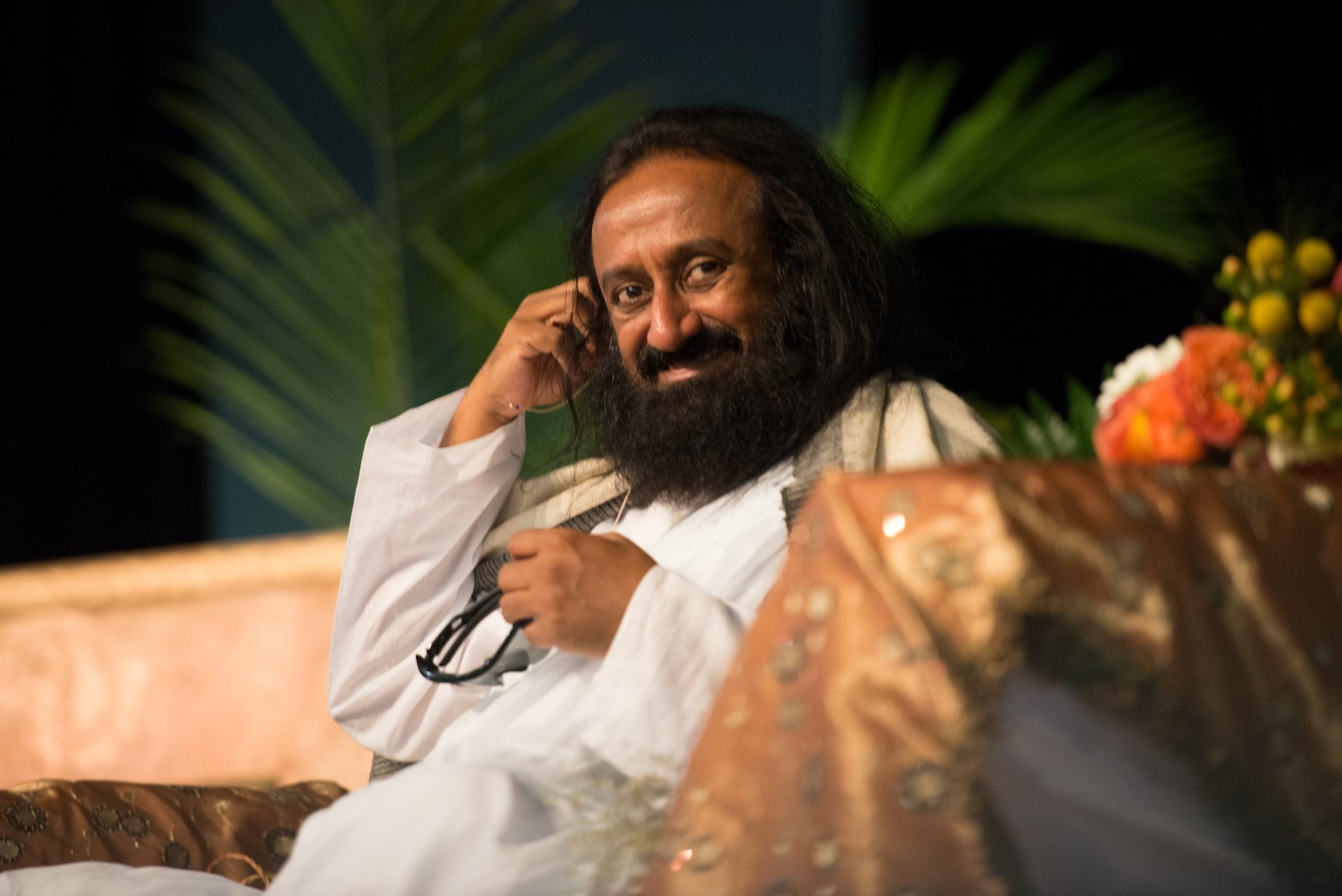
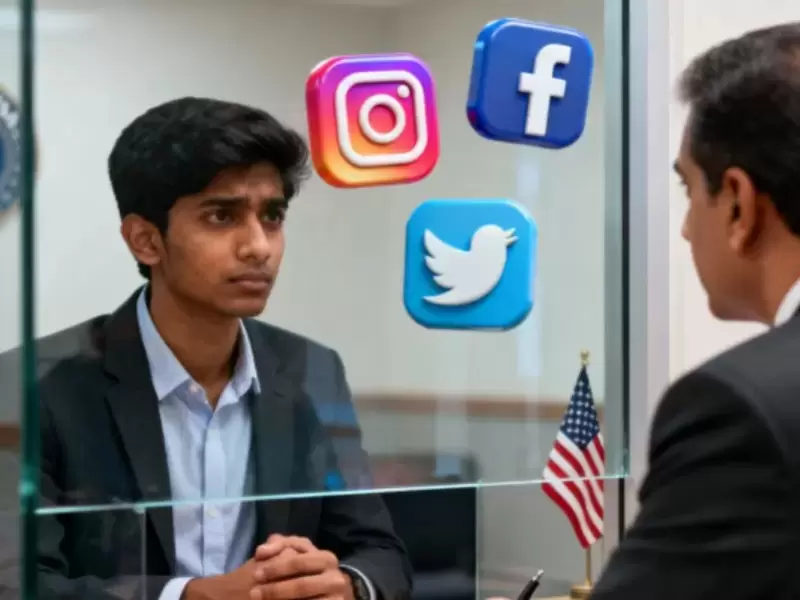
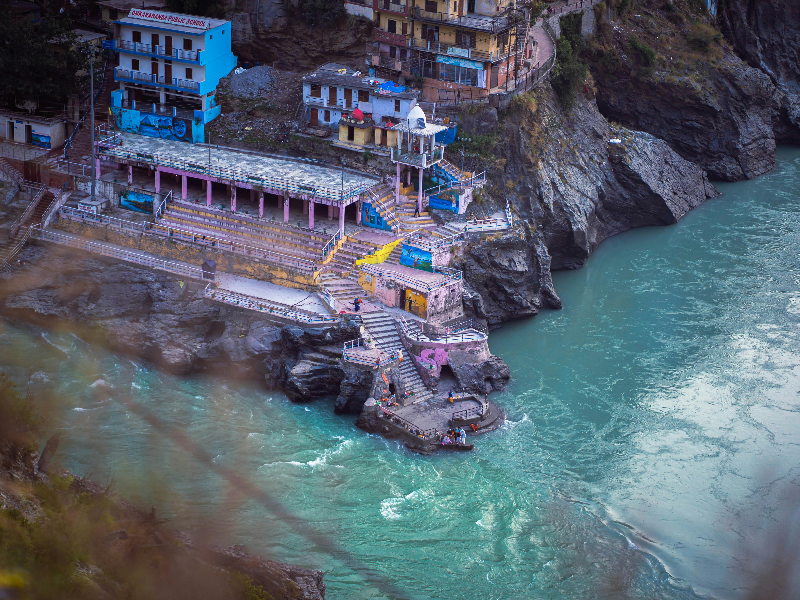
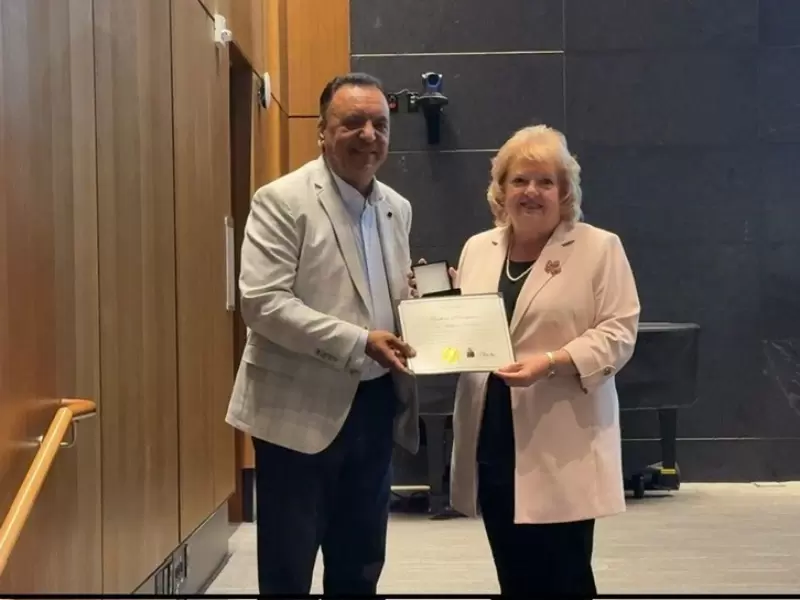
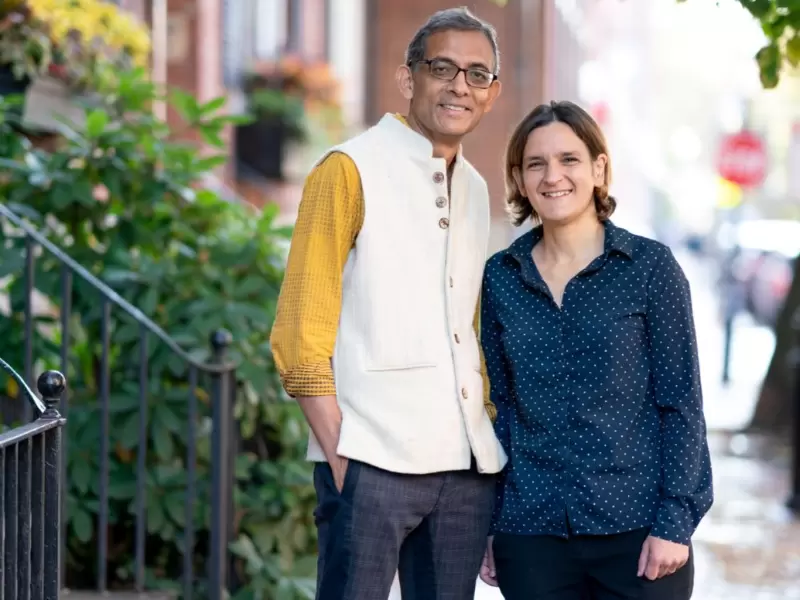
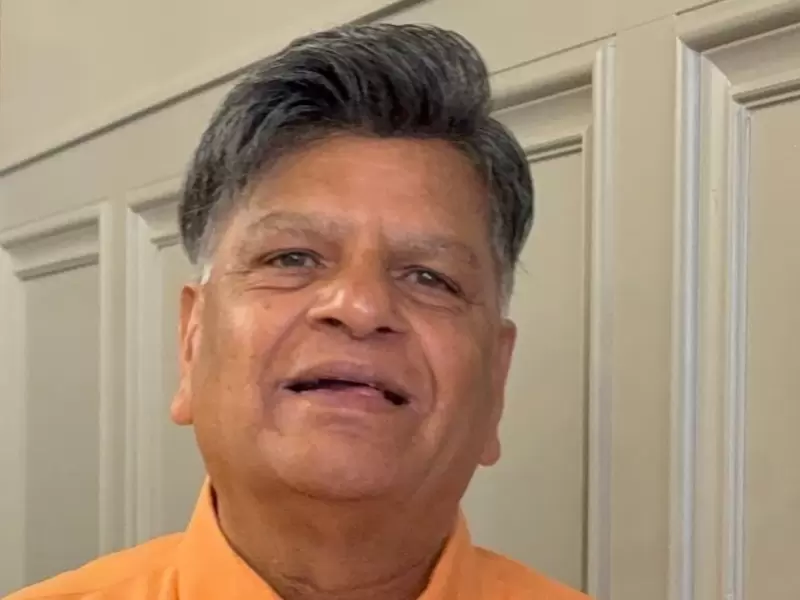


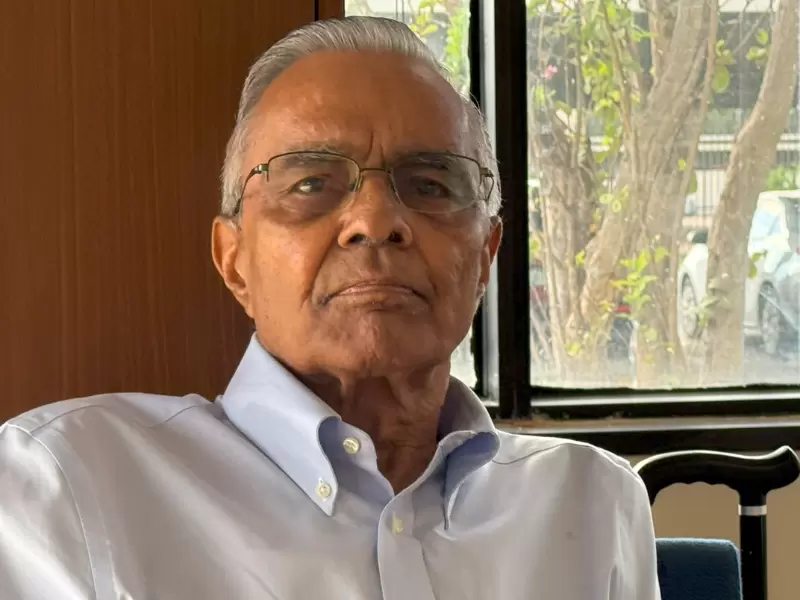
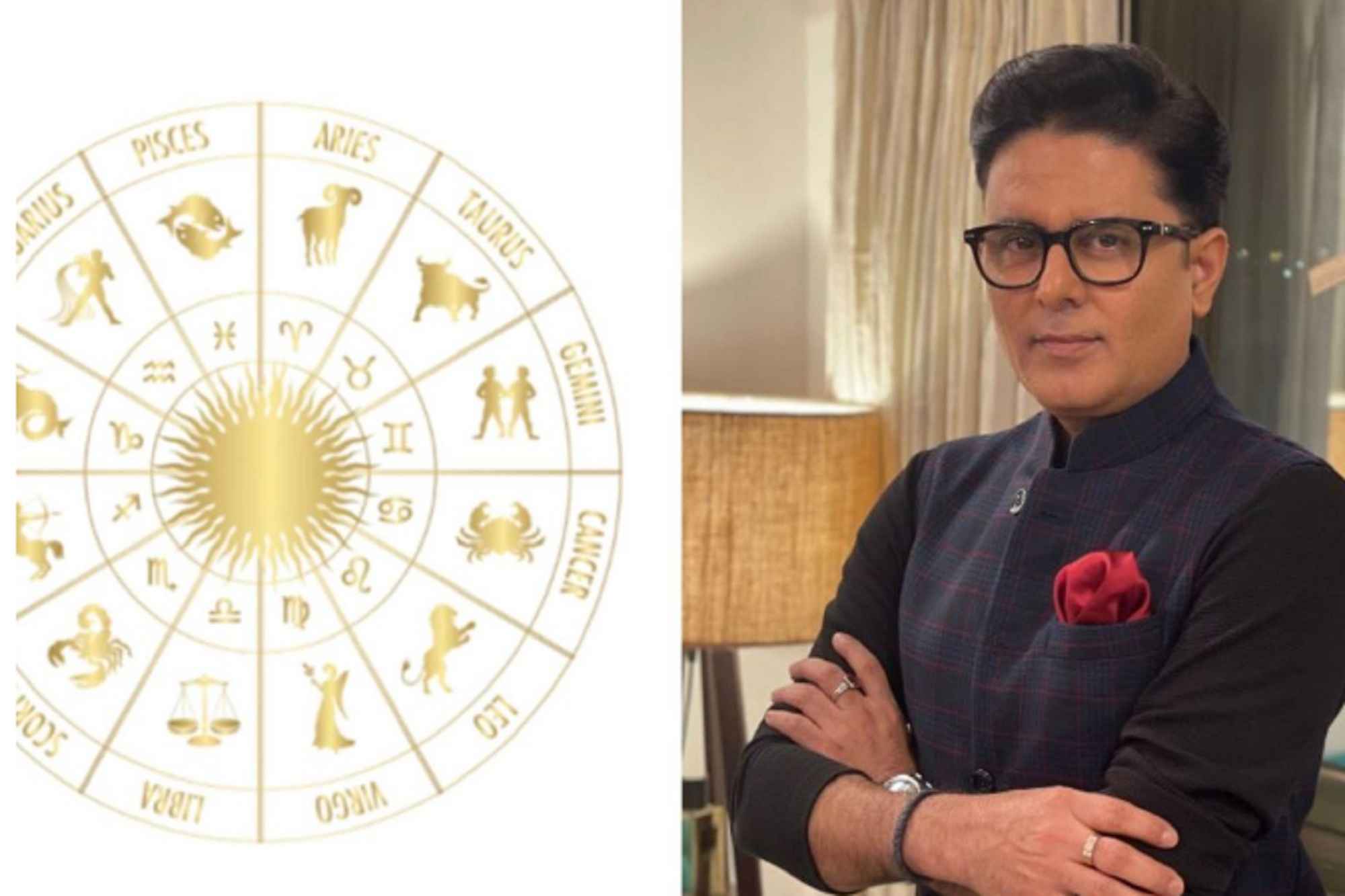
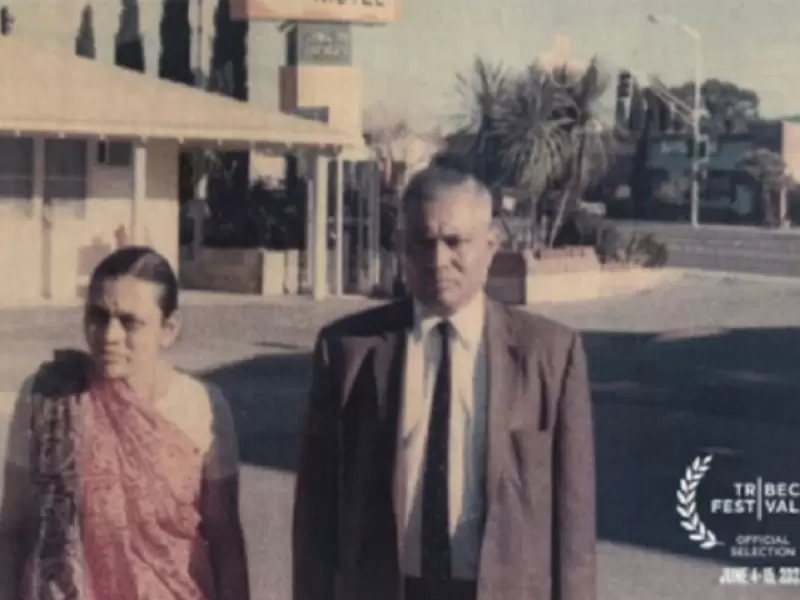



Comments
Start the conversation
Become a member of New India Abroad to start commenting.
Sign Up Now
Already have an account? Login